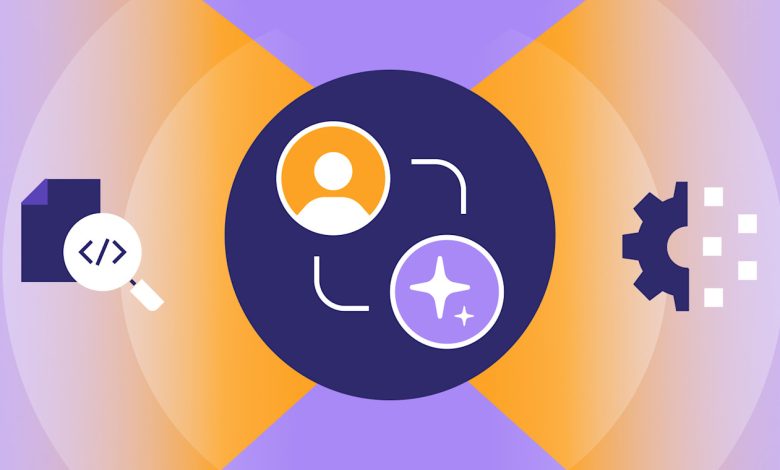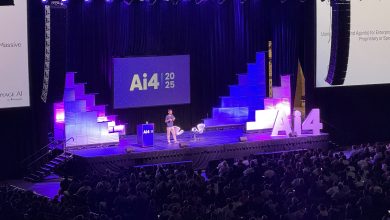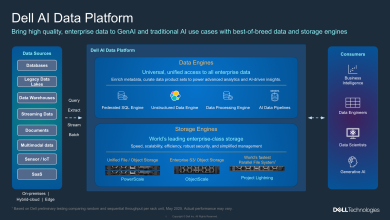Agentic AI: The Missing Piece in Platform Engineering
Platform Engineering Delivers Significant Value, Yet Many Organisations in Asia Pacific Struggle to Maximise Its Impact

While Artificial Intelligence (AI) is already revolutionising software development in Asia Pacific, its potential reaches beyond boosting individual developer productivity. AI code assistance streamlines the process of starting new projects by building out scaffolding and overcoming the “blank screen” problem. However, even greater value can come from leveraging agentic AI to unlock the full potential of platform engineering.
By autonomously making decisions and taking actions based on predefined conditions and system status, agentic AI can improve code quality, reduce costs, and boost developer productivity. With Gartner predicting that 33% of enterprise software applications will incorporate agentic AI by 2028—up from less than 1% in 2024—tech leaders in Asia Pacific must embrace this technology to maximise ROI and maintain a competitive edge.
Unlocking the Power of Platform Engineering with Agentic AI
Platform engineering investments have risen, yet many teams struggle to achieve their intended outcomes. This gap exists largely because of challenges in automating manual processes, scaling standardisation across teams, maintaining platform components, and managing complex engineering landscapes.
Agentic AI is uniquely suited for platform engineering. Many use cases, such as failure remediation, code review, test generation and coverage, documentation, security policies, network policies, and change management, go beyond the scope of our mental models.
Enterprise software development is inherently complex, with nuanced contexts and diverse technical challenges. Languages can have vastly different performance challenges, junior developers often lack contextual prompt engineering skills, and security and compliance policies can introduce hidden constraints. No individual platform engineer can fully grasp the intricate security, network, and application-layer concerns across all use cases.
Unlike traditional AI assistants that respond only to direct prompts, agentic AI leverages comprehensive insight into a team’s software development infrastructure. It can proactively initiate actions based on triggers and states, making it an ideal partner for platform engineering frameworks.
Considerations When Implementing Agentic AI
Some of the key considerations leaders should think about when incorporating agentic AI into platform engineering workflows include:
Interoperability, Scalability, and Reliability
- How will agents communicate with other agents, including across vendor product domains?
- How will agent “meshes” scale elastically and offer the same degree of predictability as microservices in their commission and decommission without performance impact?
- How will AI agents self-correct when they experience unexpected or unwanted results?
- How will they handle concurrency, multi-threading, eventual consistency, and other reliability and system failure arenas?
Security, Governance, and Observability
- How will AI agents interact with existing network policies to define what they can and cannot access?
- How will agents interact with a multitude of data sources?
- How will the ingress and egress of agentic AI data work against existing data governance, security, and privacy policies?
- How will AI agents’ telemetry data get collected, how will their performance be measured, and what will remediation look like when they behave incorrectly?
Developer Workflows
- How will developers adapt their workflows to integrate with agent-based systems?
Accelerating Development with AI Agents and Platform Engineering
One limitation teams face when using existing AI tools is the focus on individual productivity rather than team velocity. As AI agents evolve, organisations can leverage them to proactively infer and apply context across teams, moving beyond fixed interfaces and preset workflows to create truly intelligent and adaptable systems.
Agentic AI is poised for rapid adoption in critical ‘tech mandatory’ budget areas, including technical debt reduction, security vulnerability remediation, infrastructure automation, and legacy application refactoring. These areas, characterised by dense contextual complexities and automation barriers, are precisely where agentic AI can deliver significant value.
For example, teams often create templates to standardise and automate processes at the platform level, such as a CI pipeline. This traditionally involves significant manual work to identify the right processes to target—those that are widely used, have repeatable steps, and will have the most significant impact across teams. Agentic AI curtails those manual steps.
Rather than relying on human effort to identify processes for standardisation, an agentic system can identify all Java-based projects from the past year, analyse the build processes across each, and identify the best candidates for AI-based automation. The system can then create draft templates the team can customise and build on.
The next stage of maturation in agentic AI systems is developing agentic mesh. In this sophisticated ecosystem, AI agents can discover each other, collaborate, and tackle complex challenges in previously impossible ways.
These agents can monitor CI jobs, suggest process optimisations, and implement those recommendations. They can also identify opportunities for cost optimisation and directly adjust cloud resources to match demand patterns.
Platform engineering delivers significant value, yet many organisations in Asia Pacific struggle to maximise its impact. Agentic AI is crucial to elevating platform engineering efforts as it automates complex processes, applies contextual understanding at scale, and drives team-wide velocity rather than merely enabling individual gain.




